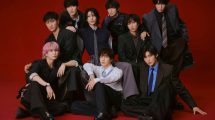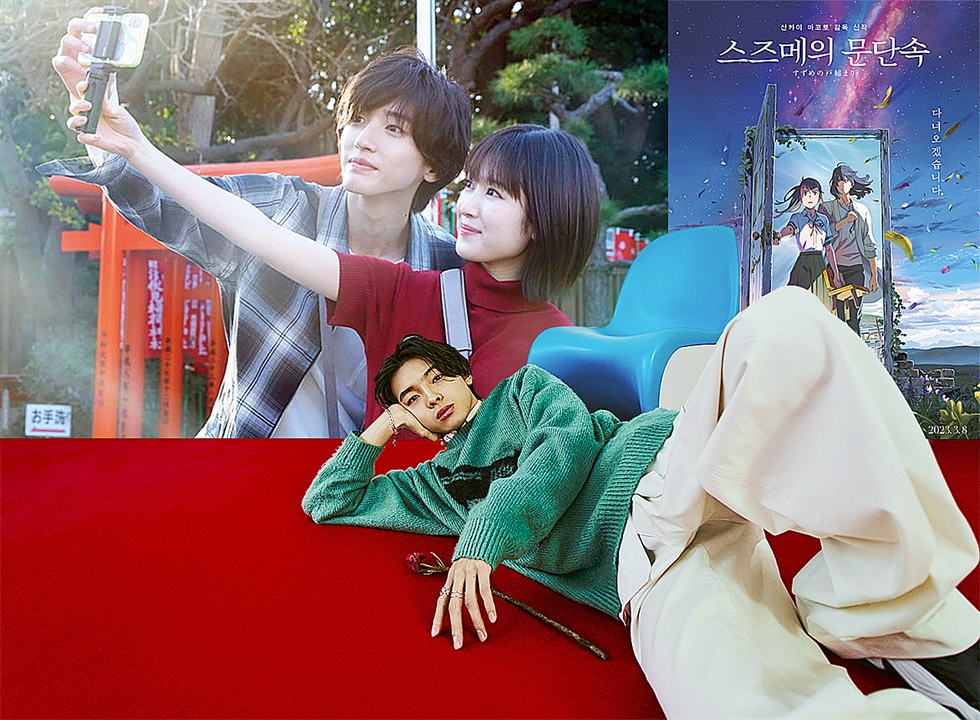A few days ago, Sports Seoul released an article on JPop’s new boom in South Korea. Recently, The Korea Times released a similar one, but one with an interesting insight into how the improving political situation between the neighboring countries plays a role.
Political issues between Japan and South Korea have had an effect on people’s daily lives. When the relations made a turn for the worse, many Koreans avoided traveling to Japan and buying its products. Korean fans had to hide their love of Japanese films and manga so that they were not seen as being pro-Japanese or unpatriotic.
Nowadays, however, young people in South Korea are switching things up. They openly support JPop singers, frequently watch anime, and go to Japan to explore its cuisine and culture.
“The cultural exchange of Korea and Japan seems to have entered a new phase, with their younger generations viewing culture and politics as two separate subjects,” says Jo Gyuheon, a professor of Korean-Japanese cultural content at Sangmyung University. “Their resistance to each other’s culture ― which is largely attributable to the two countries’ political feuds ― is vanishing as they begin appreciating cultures together on diverse social media platforms like TikTok.”
He continued, “Today, numerous KPop groups like TWICE have Japanese members and Japanese people sing KPop songs in Korean, not in their own language. Knowing that both cultures offer content that cannot be replaced by others, young people in Korea and Japan are now accepting them as they are.”
Professor Kim Hyojin of the Institute for Japanese Studies at Seoul National University pointed out that Japanese pop culture has been “consistently popular” in Korea since the mid 1990s. However, its popularity was sometimes invisible due to Korea’s political climate. “The physical proximity of Korea and Japan, as well as the lexical similarity of their languages, have largely contributed to the rise of Japanese culture here. But its popularity could not be realized from time to time because of political reasons.”
She added that different administrations have different attitudes toward Japan, and this fact seems to affect how Koreans treat Japan and its content. “During the previous Moon Jaein administration, there was the ‘No Japan’ movement, and many people had to stay silent about their preferences. But today, the Yoon Suk Yeol administration is the polar opposite, and people do not hesitate to savor the culture of the neighboring country.”
The full article can be read here, along with a similar one about how Japanese products are experiencing rebound success in South Korea as well.



















